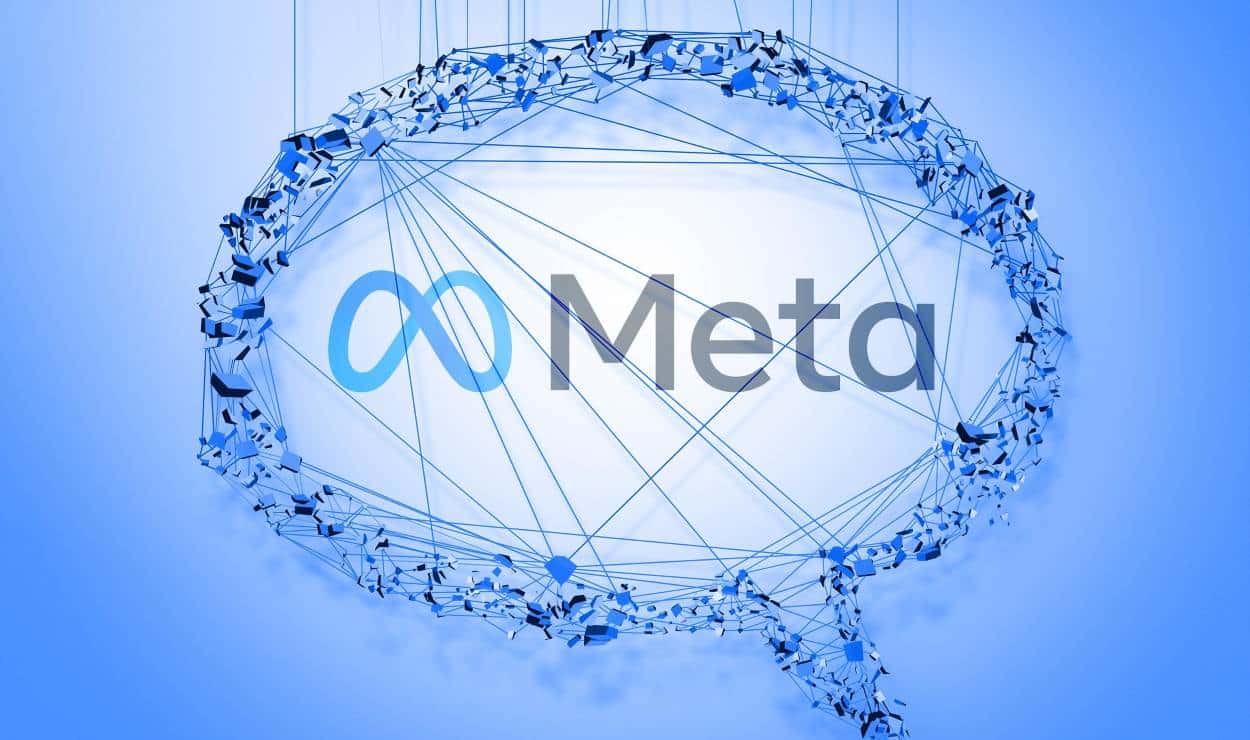Meta has launched the largest ‘open’ AI model in history, stirring significant interest in the tech community. This new model, named Llama 3.1 405B, represents a significant step in the open-source AI movement, which Meta’s founder and CEO Mark Zuckerberg describes as a “frontier-level open-source AI model.”
The Significance of Open AI
This release is important for those advocating broad access to AI benefits. It starkly contrasts the common closed-source AI, where companies keep datasets and algorithms proprietary, thus limiting external audit capabilities and slowing innovation by tying users to specific platforms.
Like Meta’s new models, open-source AI democratizes access to AI technology by publicly making the underlying code and datasets available. This transparency fosters community collaboration, accelerates innovation, and enables smaller organizations and individuals to contribute to AI development without the prohibitive costs of large models.
However, open-source AI is not without its challenges. It raises concerns about quality control and security, as openly available code and data might be more susceptible to cyberattacks and misuse, including the potential for retraining models with harmful data.
Addressing Challenges in Open AI
Despite these risks, the benefits of open-source AI are compelling. It allows for greater scrutiny and accountability, helping to identify and mitigate biases and vulnerabilities within AI systems. For Meta, releasing Llama 3.1 405B aligns with their goal of advancing digital intelligence in ways that benefit humanity broadly, echoing the original mission of OpenAI.
Yet, the model is not entirely open; Meta has not released the extensive dataset used to train Llama 3.1 405B. This partial openness still represents a significant advancement, allowing researchers, startups, and small organizations to engage with cutting-edge AI without the required enormous resources.
The move towards open-source AI also necessitates robust governance to ensure ethical development and use, accessibility to affordable computing resources, and a commitment to openness in sharing data and algorithms. These principles are essential for shaping a future where AI technology is inclusive, equitable, and serves the greater good.
As the AI landscape evolves, the dialogue around the balance between protecting intellectual property and fostering open innovation remains critical. The tech community must address these ethical concerns and potential risks to ensure that AI development continues to progress in a manner that is secure, responsible, and beneficial for all.






